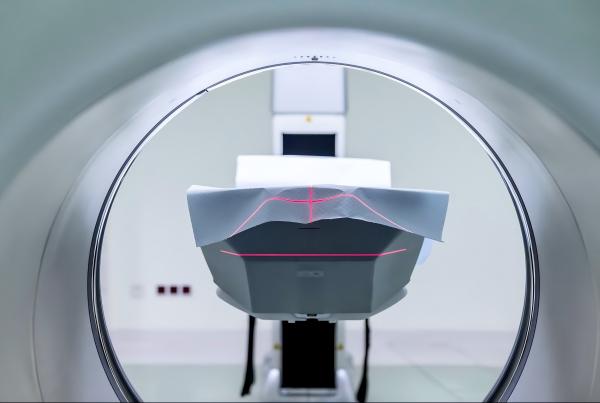A pinhole lens is a very small, specialized lens characterized by its small aperture, size, and volume. Despite its small size, it has a wide range of applications, including security surveillance and other fields such as scientific research and healthcare.
The specific application of pinhole lenses in the field of scientific research includes but is not limited to the following aspects:
1.Microscopic imaging
Pinhole lenses can be assembled into microscopes or micro-camera systems to observe tiny organisms, cells, and tissue structures. Through the high-resolution imaging capabilities of pinhole lenses, researchers can study the microstructure of biological tissues, cellular activity, and molecular interactions, providing support for fields such as cell biology, neuroscience, and medical imaging, and helping to explore various phenomena and mechanisms in the life sciences.
2.Starry sky observation
Pinhole cameras use pinhole lenses to capture images of the starry sky. Due to their high sensitivity to light, they can capture the faint light of stars, observe the details of stars and changes in starlight, and are used for astronomical research and sky observations.
In astronomical observations, pinhole lenses can also serve as a simplified optical system for observing and recording the trajectory and characteristics of celestial bodies.
Pinhole lens can capture the starry sky
3.Electron microscope
Pinhole lenses can also be used in the imaging system of electron microscopes, mainly to adjust the propagation and collection of photons and improve imaging resolution and contrast.
4.High-resolution imaging
Pinhole lenses are also widely used in optical microscopy and confocal microscopy. Using their unique optical properties, pinhole lenses can achieve high-resolution imaging of samples, helping researchers observe and analyze tiny structures and biological processes.
5.Nondestructive testing
Pinhole lenses can also be used for nondestructive testing in materials science. Pinhole imaging allows researchers to observe tiny changes in the internal structure of complex substances, defects, and other changes in material properties.
Pinhole lenses can also be used for non-destructive testing of materials
6.Ophthalmology research
Pinhole lenses are also used in ophthalmology research, mainly for eye imaging and refractive power measurement, which helps to understand the structure of the eye and the mechanism of vision.
7.LiDAR
In the lidar system, the pinhole lens can limit and adjust the laser beam to ensure the stability and accuracy of the laser beam during transmission.
8.Functional imaging
Pinhole lenses can also be used in functional imaging, such as functional magnetic resonance imaging (fMRI) of the brain and optical imaging. Capturing and recording images of brain activity through a pinhole lens helps researchers understand the activity patterns of different brain regions during specific cognitive tasks or physiological processes, and promotes research progress in neuroscience and psychology.
Pinhole lenses can also be used for functional imaging
9.Materials science research
In the field of materials science, pinhole lenses are also widely used for surface morphology observation, microstructure analysis, and material performance testing. Through pinhole lens microscopy technology, researchers can conduct in-depth research on various morphologies, structural characteristics and performance, providing important reference for the design, improvement and application of materials.
In short, the application of pinhole lenses in scientific research covers many fields such as life sciences, astronomy, and materials science. It provides researchers with high-resolution, high-quality imaging technology, provides important technical support and application means for scientific research, and becomes one of the indispensable tools in scientific research.
Final Thoughts:
By working with professionals at ChuangAn, both design and manufacturing are handled by highly skilled engineers. As part of the purchasing process, a company representative can explain in more detail specific information about the type of lens you wish to purchase. ChuangAn’s series of lens products are used in a wide range of applications, from surveillance, scanning, drones, cars to smart homes, etc. ChuangAn has various types of finished lenses, which can also be modified or customized according to your needs. Contact us as soon as possible.
Post time: Sep-19-2025






